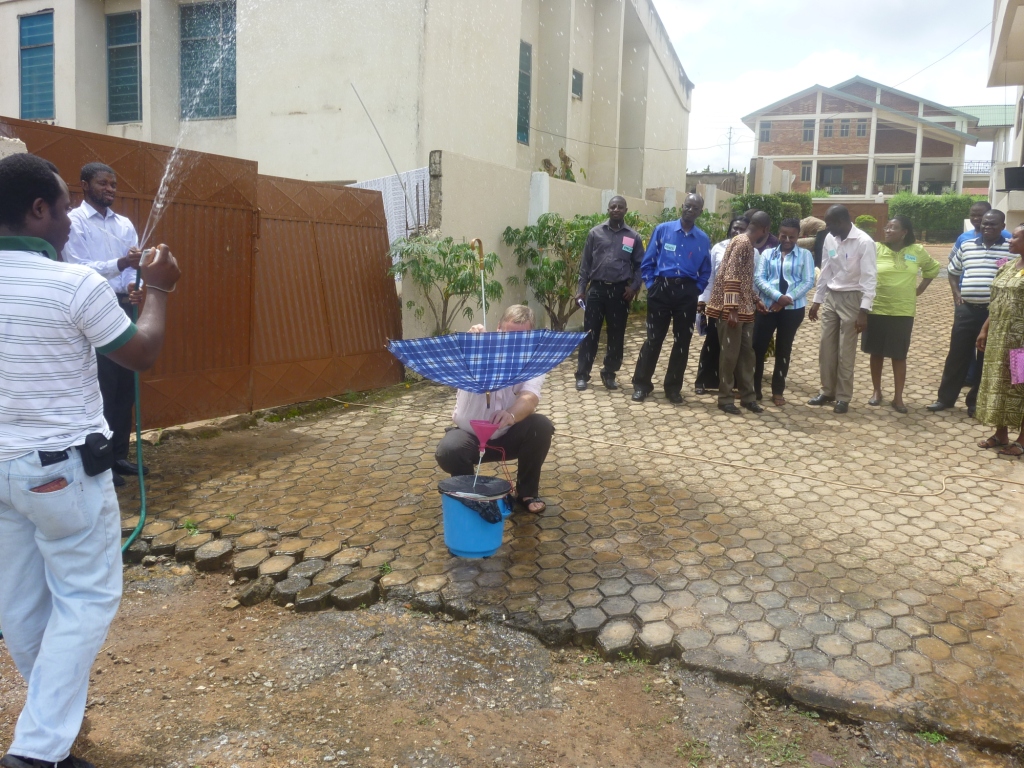Youth employment through agricultural development

Client:
GIZ.
Region/country:
Sierra Leone.
Period/Year:
06/2015 – 10/2015.
Business Area:
Private Sector Development, Youth employment, Economic Development in rural areas and Entrepreneurship.
Project Description:
Over 60 per cent of young people in Sierra Leone are unemployed or underemployed. The lack of prospects – one of the principal causes of the lengthy civil war – is still considered a major threat to peace and stability. Youth employment is a source of great economic potential. Yet in the twelve years since the end of the armed conflict, the country´s production and employment potential has still not been fully tapped, especially in the rural private sector. Skilled workers are in short supply. After a decade of civil war and poor government funding, the education situation also remains inadequate. Around half of the population is unable to read or write. Without needs-oriented training and practical work experience, it is difficult for young people to find productive employment. Since ten years, the project aims to improve the employment and income situation of young people in rural areas of Sierra Leone in three districts. In order to increase employment opportunities for young people, the private sector must be revived and strengthened. The greatest development potential is offered by the agricultural sector as one of the primary economic sectors; at present, however, it is inadequately geared to the market economy and securing the livelihoods of the citizens. Using a multilevel approach at the target group level, the activities focus on creating jobs and income thorugh the Output ´Youth are qualified for self and wage employment in and around the cocoa/coffee, rice and small ruminants value chain.
Services provided:
To support the project’s goal, CEFE International prepared and carried out a 12-day Training of Trainers in Freetown, Sierra Leone. The master trainer and the assisting trainer led the execution of the training, which includes the preparation of the programme outline and training material / Further, CI supports GIZ with a grid for the selection of ToT participants / Based on the experiential learning experience the ToT participants conducted exercises independently (Macro-laboratories). They were accompanied by the trainers and received intensive feedback during the ToT. After the seminar day, CI assisted the participants in their course preparation for the next day. CI evaluated ToT participants according to comprehensive procedures and tables for participants’ assessment and scoring. Evaluation criteria include training skills, technical know-how in entrepreneurship and quality of contributions/ In teams of not more than four persons working together, the trainer group was supervised by one coach. The trainer team had the possibility to run a CEFE course for at least 5 days (or minimum 35 hours), whereas each trainer had to conduct at least four exercises. Therewith, around 500 youths have been trained in entrepreneurship by certified CEFE-trainers.
We use cookies on our website to give you the most relevant experience by remembering your preferences and repeat visits. By clicking “Accept”, you consent to the use of ALL the cookies.
Manage consent
Privacy Overview
This website uses cookies to improve your experience while you navigate through the website. Out of these, the cookies that are categorized as necessary are stored on your browser as they are essential for the working of basic functionalities of the website. We also use third-party cookies that help us analyze and understand how you use this website. These cookies will be stored in your browser only with your consent. You also have the option to opt-out of these cookies. But opting out of some of these cookies may affect your browsing experience.
Read Our Cookie Policy
Read Our Cookie Policy
Necessary cookies are absolutely essential for the website to function properly. This category only includes cookies that ensures basic functionalities and security features of the website. These cookies do not store any personal information.
Any cookies that may not be particularly necessary for the website to function and is used specifically to collect user personal data via analytics, ads, other embedded contents are termed as non-necessary cookies. It is mandatory to procure user consent prior to running these cookies on your website.
